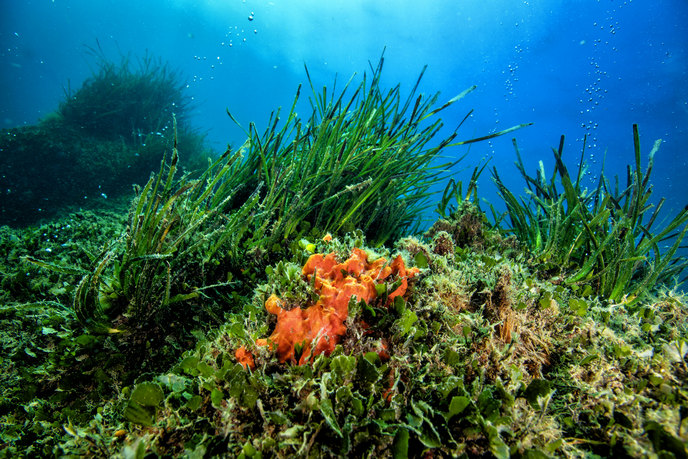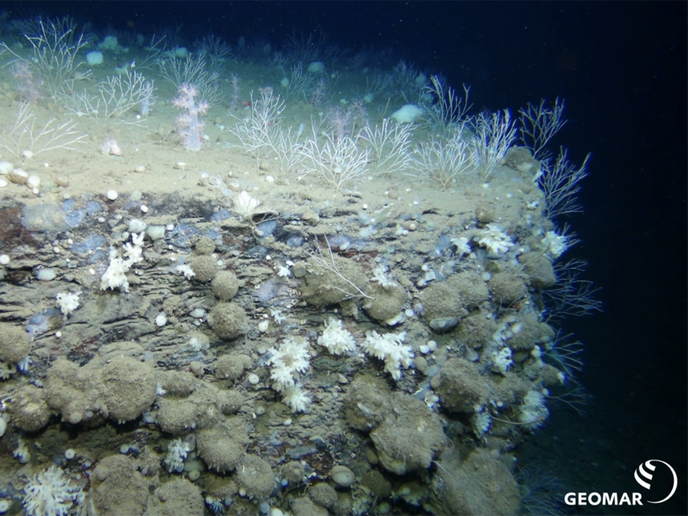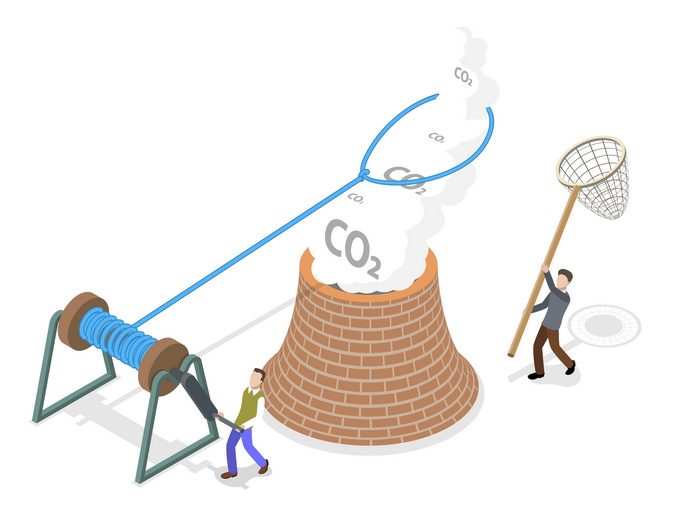Civil society, where next?
The exploitation of natural resources in certain regions has led to the exclusion of wealth and benefits for some indigenous populations. In many cases, globalisation has bypassed the concerns of native populations, bringing disruption, environmental destruction and regional conflict. A new study presents a fresh look at regionalisation and provides an alternative approach to the exploitation of natural wealth. The ′Alternative regionalisms in an age of globalization - the role of civil society′ (Alternative regions) project presents several noteworthy findings. For example, one supports incentives for the stewardship of a region's wealth by native populations in an effort to ensure long-term goals and mutual inclusion of benefits. This would help to safeguard natural resources such as water, land and seeds. Civil society groups in Latin America, for example, have tabled a number of key initiatives which have been perceived as counter to the economic liberalisation of a region. The media have often portrayed such groups negatively. The study goes to great lengths to allay such fears with comprehensive research into finding alternatives. Such alternatives would enable all parties to overcome the socio-economic deficits embedded in the contemporary exploitation of regions. The study also stipulated alternatives for their democratic inclusion in the governance of such regions. The completed project has compiled its findings into an 80\;000-word document, which is given extra weight via its conclusions that have been derived from both academic and field research. In addition, it addresses complex issues in a number of publications, tackling such themes as globalisation and security. It has also considered economic regions, such as the EU, Free Trade Area of the Americas and SPP (Security and Prosperity Partnership of North America), giving them the framework to develop a means to analyse their official mechanisms. It has done so in an effort to include civil society in the policy decision-making process. Through international conferences, workshops and seminars, the research aims to contribute towards critical governance studies and to bringing about change through better governance principles.







